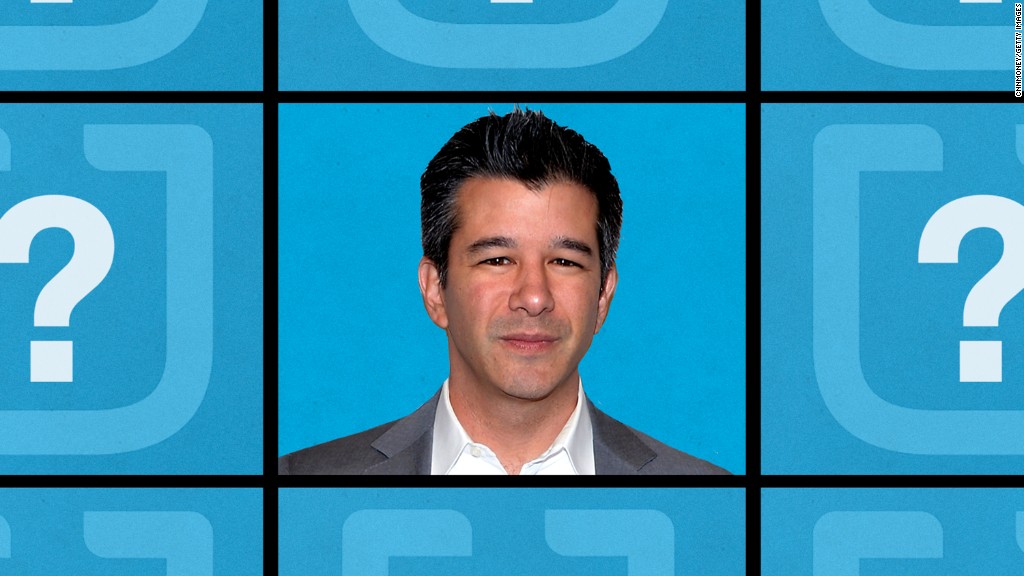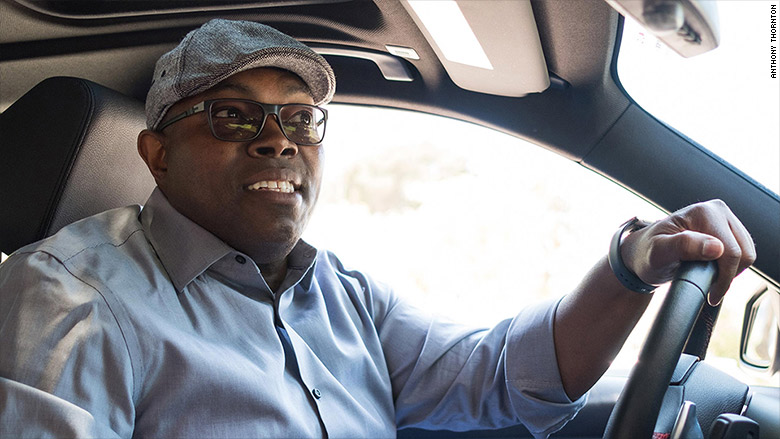
Like many drivers of ride-hailing services, Herb Coakley knew working for both Uber and Lyft could maximize his earnings.
Roughly two thirds of drivers work for at least two services, according to a survey of more than 1,000 drivers from a popular industry blog, The Rideshare Guy.
But Coakley realized toggling between two phones and the apps was inefficient and required a lot of dexterity while on the road. Many drivers log into separate phones to increase their odds of getting ride requests. But they have to remember to turn the other one off once a ride is accepted to avoid more requests from popping up.
He took matters into his own hands and built Mystro, an app that pulls ride requests from both services into one platform.
Mystro, an Android app for now, allows drivers to set preferences for which rides they want or don't want to accept. For example, they can filter out UberPOOL requests, rides that are more than 5 minutes away and passengers with ratings below 4.8. And it promises that drivers will earn 30% more using its service.
"Drivers feel they don't have a lot of control, and we give them some [of it] back," he said.
Mystro automatically accepts trips that meet preferences and sets other ride-hailing apps to offline until the trip is complete.
Related: Uber-like carpooling is coming to NYC taxis

Coakley said his idea proved more difficult to execute than anticipated because Mystro doesn't have access to Uber or Lyft's servers. It took about two years for Coakley, who has a background in physics and filmmaking, to find developer and cofounder Matt Rajcok. He built Mystro without plugging into Uber or Lyft's APIs.
Coakley declined to discuss how Mystro collects information from Uber and Lyft, but said the company does not violate privacy policies.
Mystro has raised $120,000 in funding from Y Combinator, where it is currently participating in its elite three-month accelerator program. It also raised $100,000 from one of Coakley's passengers, a Google employee who was intrigued by the concept. The app, which launched in February 2017, has 10,000 users to date.
Last month, Coakley began monetizing the app. Drivers can opt to pay $11.95 monthly or $99.95 a year, which includes expedited tech support. A free version of the app gets drivers access to Mystro for 10 trips each week.
Coakley aims to add additional on-demand services to its platform like DoorDash and Postmates in the future. He also hopes Uber and Lyft will eventually integrate with the app.
"We can help Uber and Lyft with retention problems," he said.
Uber is currently campaigning to quell driver dissent and make itself a more attractive company for employees. It is running an ongoing "180 Days of Change" initiative, a corporate cleanup effort that's rolling out changes to improve its service for drivers.
"We're all friends here," Coakley said. "We're all just trying to make our community safer and more efficient."

